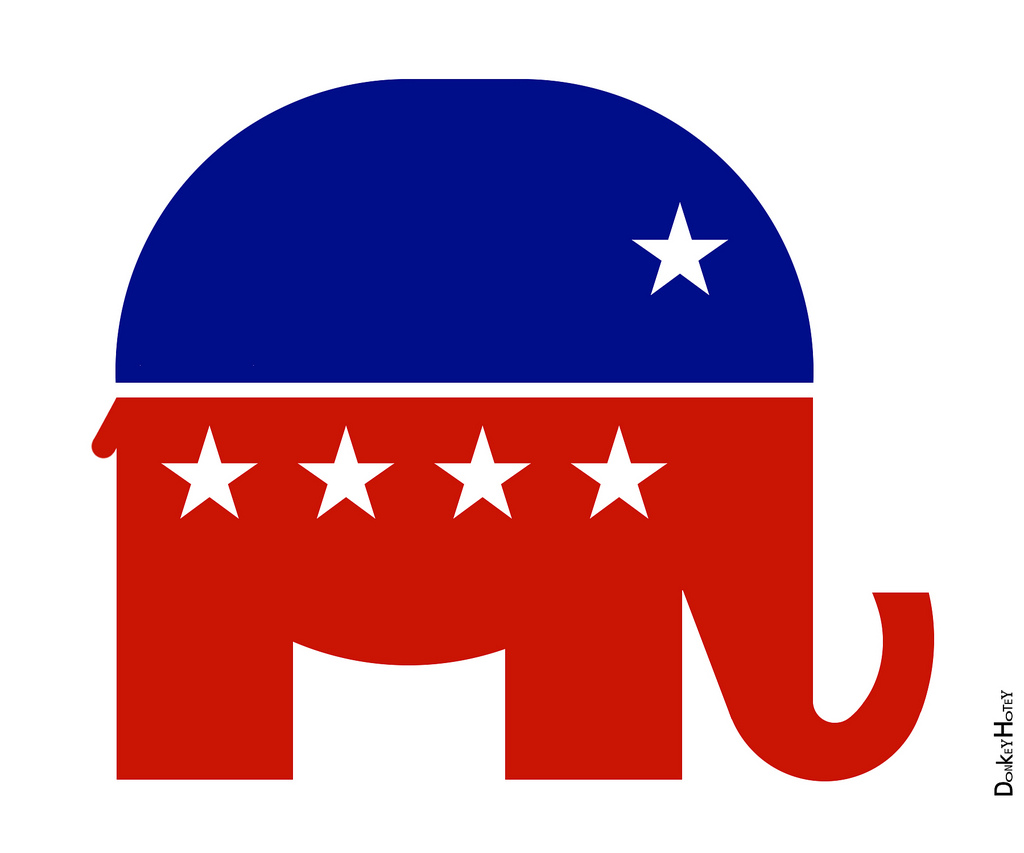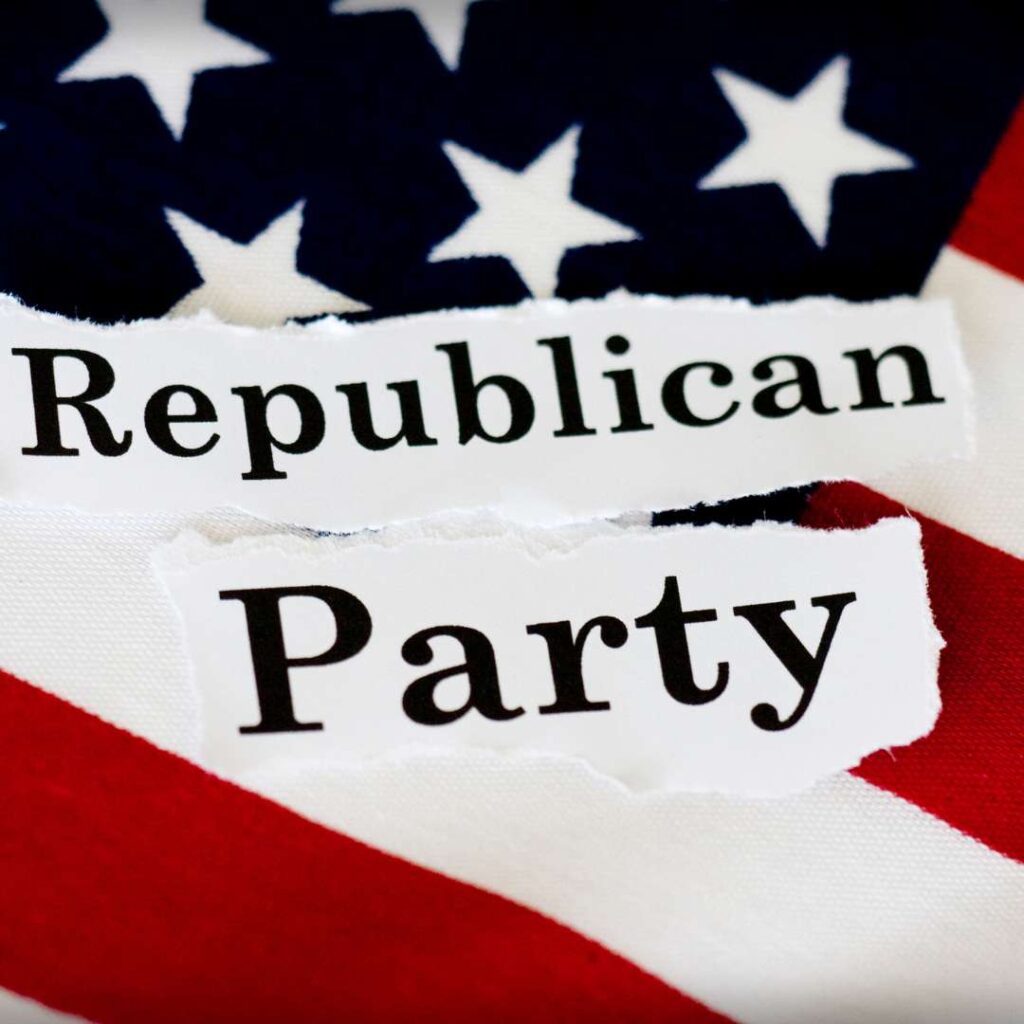Established in 1854, the Republican Party emerged as a response to the divisive issue of slavery in the United States. This political movement was born out of the desire to halt the expansion of slavery into new territories and states. Advocates for this cause, including anti-slavery activists and former members of the Whig and Free Soil parties, came together to create a unified front against the pro-slavery policies that dominated the political landscape at the time. The founding principles of the Republican Party were rooted in equality, justice, and the belief that all individuals should be free from the oppressive chains of slavery.
The formation of the Republican Party marked a turning point in American history, as it brought together diverse groups united by a common cause. These groups included abolitionists, reformers, and individuals who believed that the nation’s future depended on addressing the moral and economic implications of slavery. By challenging the existing political order, the party quickly gained momentum and influence, eventually becoming a major force in national politics. The Republican Party's rise to prominence set the stage for significant changes in the United States, including the eventual abolition of slavery.
Understanding the origins of the Republican Party provides valuable insight into the complexities of mid-19th-century America. The party's formation was not merely a political maneuver but a profound reflection of the nation's struggle to reconcile its ideals of freedom and equality with the harsh realities of slavery. This article delves into the historical context, key figures, and pivotal events that led to the creation of the Republican Party, shedding light on why it was formed and its lasting impact on American society.
Read also:Discovering The Best S In Council Bluffs A Comprehensive Guide
Table of Contents
- Why Was the Republican Party Formed?
- What Was the Historical Context?
- Who Were the Key Figures Behind the Formation?
- What Were the Core Values of the Republican Party?
- How Did the Slavery Issue Influence the Party?
- Why Was the Republican Party Formed in 1854?
- What Were the Early Successes of the Republican Party?
- How Did the Party Impact American History?
- Are Modern Republicans Connected to the Original Party?
- Conclusion
Why Was the Republican Party Formed?
The Republican Party was formed primarily to combat the spread of slavery across the United States. In the mid-1800s, the nation was deeply divided over the issue, with Southern states advocating for the continuation of slavery as an integral part of their economy. In contrast, Northern states increasingly opposed the practice, viewing it as morally unjust and economically unsustainable. The Republican Party emerged as a coalition of individuals who shared a vision for a free and united America, free from the shackles of slavery.
This new political entity sought to challenge the Democratic Party, which had long supported pro-slavery policies. By uniting anti-slavery factions, the Republican Party aimed to reshape the political landscape and push for reforms that aligned with their progressive ideals. The party's formation was a direct response to the growing tensions between pro-slavery and anti-slavery factions, making it a pivotal moment in the nation's history.
What Was the Historical Context?
The mid-19th century was a tumultuous period in American history, marked by escalating debates over slavery and state rights. The Missouri Compromise of 1820 and the Kansas-Nebraska Act of 1854 were key legislative measures that exacerbated these tensions. The Kansas-Nebraska Act, in particular, allowed new territories to decide whether to permit slavery, effectively repealing the Missouri Compromise and reigniting the debate over slavery's expansion.
This legislative upheaval created a fertile ground for the formation of the Republican Party. Anti-slavery advocates saw an opportunity to organize and present a unified front against the policies that perpetuated slavery. The party's formation was a direct response to the need for a political entity that could effectively advocate for the abolition of slavery and promote equality for all citizens.
Who Were the Key Figures Behind the Formation?
Several prominent figures played crucial roles in the formation of the Republican Party. Among them was Abraham Lincoln, whose leadership and vision would later define the party's legacy. Other notable figures included Salmon P. Chase, who served as the first Republican governor of Ohio, and William Seward, a vocal opponent of slavery and a key figure in the party's early years.
These individuals, along with countless others, contributed to the party's growth and development. Their efforts helped establish the Republican Party as a formidable political force, capable of challenging the status quo and advocating for significant social and political reforms. The collective contributions of these leaders laid the foundation for the party's enduring influence in American politics.
Read also:Understanding The Cliff Mass Weather Forecast Your Ultimate Guide
What Were the Core Values of the Republican Party?
The Republican Party was founded on principles of equality, justice, and freedom. These core values were reflected in the party's commitment to ending slavery and promoting equal rights for all individuals. The party's platform emphasized the importance of a free labor system, which it believed would foster economic growth and prosperity for the nation.
Additionally, the Republican Party championed the rights of states to govern themselves, provided that such governance aligned with the principles of freedom and equality. This commitment to individual liberty and state sovereignty distinguished the party from its contemporaries and helped it garner widespread support among those who shared its vision for a better America.
How Did the Slavery Issue Influence the Party?
The issue of slavery was central to the formation and early development of the Republican Party. As the nation grappled with the moral and economic implications of slavery, the party emerged as a beacon of hope for those who sought to eradicate this oppressive institution. The party's anti-slavery stance resonated with many Americans who believed that the nation's future depended on addressing this critical issue.
By prioritizing the abolition of slavery, the Republican Party positioned itself as a progressive force in American politics. Its commitment to this cause attracted a diverse coalition of supporters, including abolitionists, reformers, and individuals who recognized the need for change. The party's focus on ending slavery helped it establish a strong identity and purpose, setting it apart from other political entities of the time.
Why Was the Republican Party Formed in 1854?
The year 1854 was a watershed moment in American history, as it marked the official formation of the Republican Party. This pivotal year saw the convergence of various anti-slavery factions, which came together to create a unified political entity dedicated to challenging the pro-slavery policies that dominated the political landscape. The party's formation was a direct response to the Kansas-Nebraska Act, which reignited the debate over slavery's expansion and highlighted the need for a new political movement.
By uniting these disparate groups under a single banner, the Republican Party was able to harness the collective energy and determination of its members. This unity proved instrumental in the party's early successes, as it quickly gained traction and influence in national politics. The formation of the Republican Party in 1854 was a testament to the power of collaboration and shared purpose in driving meaningful change.
What Were the Early Successes of the Republican Party?
In its early years, the Republican Party achieved several notable successes that solidified its place in American politics. One of its earliest triumphs came in the 1856 presidential election, when the party's candidate, John C. Frémont, garnered significant support and established the party as a legitimate contender in national elections. Although Frémont did not win the presidency, the party's performance in the election demonstrated its growing influence and appeal.
Another major success came in 1860, when Abraham Lincoln was elected as the first Republican president. This victory marked a turning point in American history, as it signaled the ascendancy of the Republican Party and its commitment to ending slavery. Lincoln's presidency laid the groundwork for significant reforms, including the Emancipation Proclamation and the eventual passage of the Thirteenth Amendment, which abolished slavery in the United States.
How Did the Party Impact American History?
The Republican Party's impact on American history is profound and far-reaching. From its early days as a vocal opponent of slavery to its role in shaping the nation's political landscape, the party has been a driving force for change and progress. Its commitment to equality, justice, and freedom has influenced countless policies and reforms, leaving an indelible mark on the nation's trajectory.
By challenging the status quo and advocating for significant social and political reforms, the Republican Party helped shape the United States into the nation it is today. Its legacy continues to inspire and inform contemporary discussions about the role of government, individual rights, and the pursuit of a more just and equitable society.
Are Modern Republicans Connected to the Original Party?
The connection between modern Republicans and the original party is complex and multifaceted. While the Republican Party has evolved significantly over the years, its foundational principles of equality, justice, and freedom continue to influence its members and policies. However, the party's priorities and focus have shifted over time, reflecting the changing needs and values of American society.
Despite these changes, the legacy of the original Republican Party remains an important part of the party's identity. Its commitment to addressing the nation's most pressing issues and promoting the well-being of all citizens continues to inspire and guide its members today. The evolution of the Republican Party serves as a testament to its adaptability and resilience, ensuring its continued relevance in American politics.
Conclusion
The formation of the Republican Party was a pivotal moment in American history, driven by the need to address the pressing issue of slavery and promote equality for all citizens. By uniting anti-slavery factions under a single banner, the party was able to challenge the status quo and advocate for significant social and political reforms. The Republican Party's commitment to its core values of equality, justice, and freedom has left an enduring impact on the nation, shaping its political landscape and inspiring generations of Americans to strive for a better future.
Understanding the origins of the Republican Party and its role in American history provides valuable insights into the complexities of the nation's past and the challenges it continues to face. As the party continues to evolve and adapt to the changing needs of society, its legacy serves as a powerful reminder of the importance of collaboration, shared purpose, and unwavering dedication to the pursuit of a more just and equitable world.


